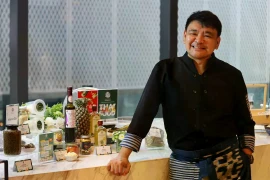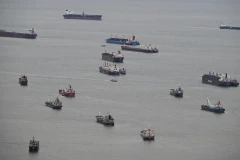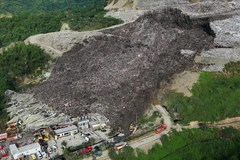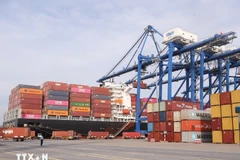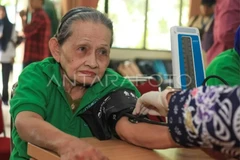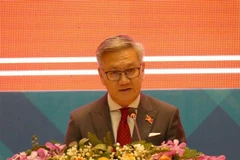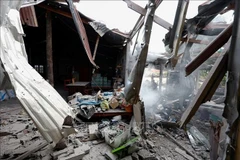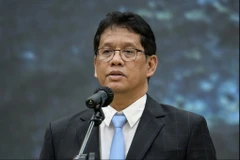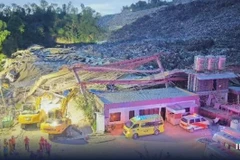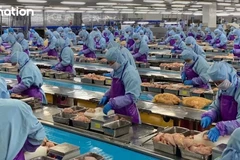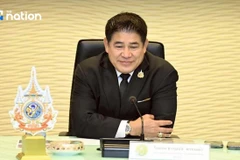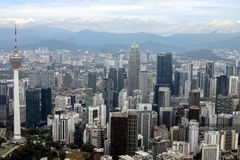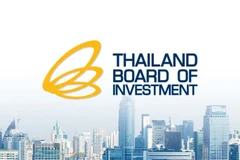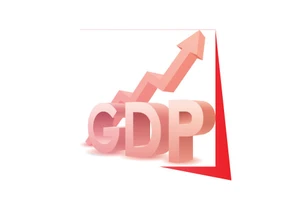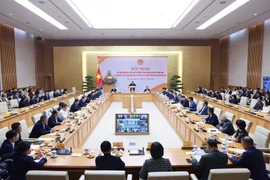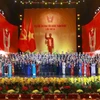Bangkok (VNA) – Thailand’s Budget Bureau allocated over 509 million THB (15.6 million USD) in its proposed fiscal 2026 budget to develop border areas into medical hubs. This initiative is part of the Thai government’s broader master plan to position the country as a leading global health and wellness destination.
The proposed border medical centre project is currently under parliamentary review. Its goal is to upgrade hospitals in border provinces into specialised healthcare centres to improve access to medical treatment, reduce the need for patients to travel to major cities, and help lower mortality rates.
Under the project, new hospitals and a cancer screening and treatment centre are planned for Kanchanaburi (75.9 million THB), Sa Kaeo (82.6 million THB), and Tak (4 million THB). Nong Khai is set to receive a minimally invasive surgery centre (69 million THB), while Pattani will gain enhanced general medical services (7.2 million THB).
Additionally, a cardiac centre is planned for Sakon Nakhon (26.3 million THB); Mukdahan will have an advanced intensive care unit (82.6 million THB); a Mekong downstream medical centre is to be built in Ubon Ratchathani (152.5 million THB); and an advanced ophthalmology centre is projected for Nakhon Si Thammarat (9.6 million THB).
Deputy Spokesperson for the Ministry of Public Health Jirapong Songwatcharaporn stated that Prime Minister Paetongtarn Shinawatra aims to transform Thailand into a global medical hub offering services such as wellness spas, hot springs, beauty and cosmetic procedures, general medical care, dental services, traditional Thai and alternative medicine, and diagnostic testing.
The plan is expected to generate over 690 billion THB annually, based on seven key policies spearheaded by the Ministry of Public Health. These include the establishment of a Health Economy Policy Office, the promotion of traditional medicine, and the encouragement of medical tourism.
Jirapong emphasised that the programme will not only enhance healthcare security and reduce inequality in remote regions but also boost national income by attracting international patients seeking medical services in Thailand./.

